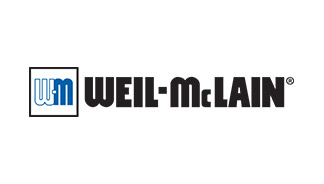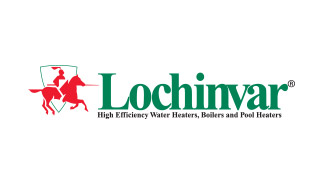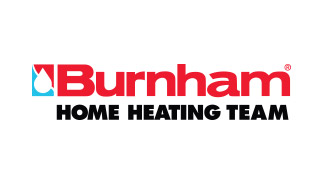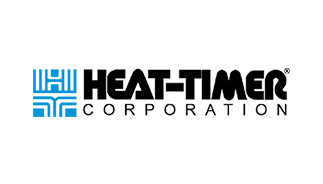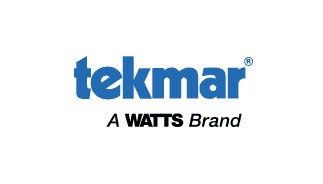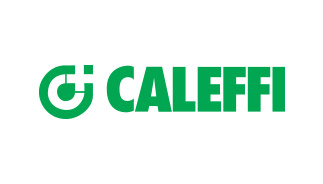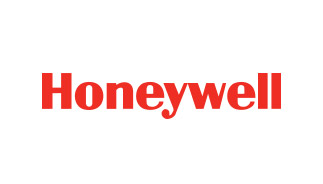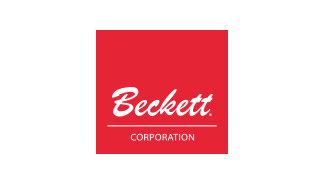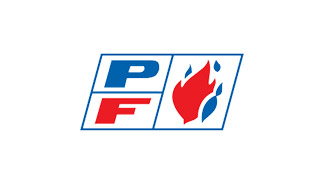Published on
July 10th, 2023NYC Gas Leaks: Preventing Hazards That Inspired Local Law 152 for Gas Piping Inspection
To prevent NYC gas leak hazards, building owners must submit to periodic inspections of gas-fed systems at least once every four years. The legal requirement may be insufficient depending on your system’s age or unfortunate accidents. Responsible property owners must understand the signs of gas leaks and retain proper safety protocols. Discover the essentials of gas line safety and the signs of leaks to protect your tenants and staff.
NYC Gas Leak Warning Signs, Safety Protocols, and Owner Responsibilities
Warning Signs of a Leak
Natural gas leaks are dangerous and can result in natural gas poisoning. Symptoms of natural gas poisoning include fatigue, memory problems, severe headaches, nausea, concentration issues, loss of consciousness, and suffocation. Even low levels of natural gas exposure can cause dizziness, headaches, nausea, fatigue, and irregular breathing.
Beyond physical symptoms, gas leaks typically produce three sensory signs — smell, sight, and sound. While odorless in its natural state, gas receives additional chemicals or odorants that create a distinctive sulfur smell, commonly recognized as a rotten-egg-like odor — the more pronounced the scent, the more severe the problem.
You cannot depend on odor alone as a detection method because of conditions such as odor fatigue or a weak sense of smell. Awareness of visual cues can also save lives. Gas leaks can prevent plant roots from absorbing oxygen, causing the plant to die. If well-cared-for plants suddenly appear ill or look like they are dying, call someone to investigate the cause.
Some gas leaks occur underground, which can diminish odorous warning signs and obvious visual clues. A more subtle warning sign is the presence of air bubbles in standing water or mud, as gas disperses through the soil and into the air.
Finally, an NYC gas leak may provide a warning through sound. A property owner or tenant may detect a leak from the hissing sound it may produce from a pipe, appliance, or connection point. The noise can range from subtle to loud.
Safety Protocols and Procedures
At the first sign of a gas leak, there are steps property owners, staff, and tenants should take. First, staff and tenants should ventilate the property, opening all doors and windows. Second, everyone should evacuate the building to a safe distance. Third, a designated individual should report the suspected leak to emergency services. Finally, someone should notify the service provider, who will likely shut the gas off until given the all-clear.
In following proper notification and evacuation protocol, building owners, staff, and tenants should avoid certain activities. Do not investigate the source of the leak. Do not mess with the power of any electrical appliances — leave anything on that is on and off that is off. Do not light matches or lighters, and do not smoke. Lastly, do not use house phones or cell phones within the building.
An NYC gas leak is a serious and potentially life-threatening situation. Anyone making light of the issue, ignoring the protocols, or intentionally disregarding safe practices is acting recklessly and dangerously, and you should report them to the authorities.
Responsibilities of Property Owners
As a property owner, you have responsibilities to the building and its staff and tenants, the most basic of which is providing a Suspected Gas Leak Notice to all residents. The notice goes over the safety procedures following a gas leak, and most owners include it in the initial lease and follow-up lease agreements or renewals.
Building owners can also post a combined notice for gas leaks and carbon monoxide and smoke detectors. In addition to gas leak protocols, the notice addresses the legal requirements of detection devices.
Local Law 157 of 2016 also mandates natural gas detectors for buildings to safeguard people from NYC gas leak hazards. In 2022, the National Fire Protection Association published a new standard for natural gas detectors — NFPA 715. Because of the standard update, NYC also requires sensors in individual apartments.
Beyond the requirements of Local Laws 152 and 157 that mandate inspections and detector use and installation, property owners must abide by legal and safe construction and maintenance practices. Individuals can only work on gas lines or pipes with proper licensure. Also, property owners must obtain the proper permit to install or alter gas piping or appliances.
Tenants put a lot of faith and trust in building owners and property staff. Tenant safety, as it relates to building operations and systems, is in your hands. Always work with qualified contractors, such as Calray Boilers, when natural gas-based systems need maintenance.
NYC Gas Leak Tools and Prevention
Smart Gas Detection Technology
Con Edison began installing smart natural gas detectors in a pilot program back in 2018. The detectors help streamline the alert and emergency response process using innovative technology.
Smart natural gas detectors sound an alarm inside the building, alerting tenants and staff to the danger. Simultaneously, the device communicates with Con Edison’s Gas Emergency Response division. Con Edison then notifies the local fire department.
The detectors also produce a voice alarm, informing tenants to evacuate the building and call 911. Still, the device’s response time for notifying emergency services is faster than customers reporting it.
While innovative detection technology is not a prevention strategy for gas leaks, it is a necessary safety and response measure. The only real prevention for gas leaks is routine maintenance and inspections.
Calray Boilers and NYC Gas Leak Prevention
Routine Inspections and Maintenance Save Lives
Local Law 152 can help save lives with its mandated inspections. Still, NYC gas leak accidents are unpredictable. As a property owner, you have a responsibility to your tenants and staff to maintain critical building systems. Contact Calray Boilers at 212-722-5506 to schedule routine boiler maintenance and inspections or to discuss essential safety measures for your gas-fed boiler. Also, inquire about annual service contracts to ensure your boiler never falls behind in scheduled maintenance.
